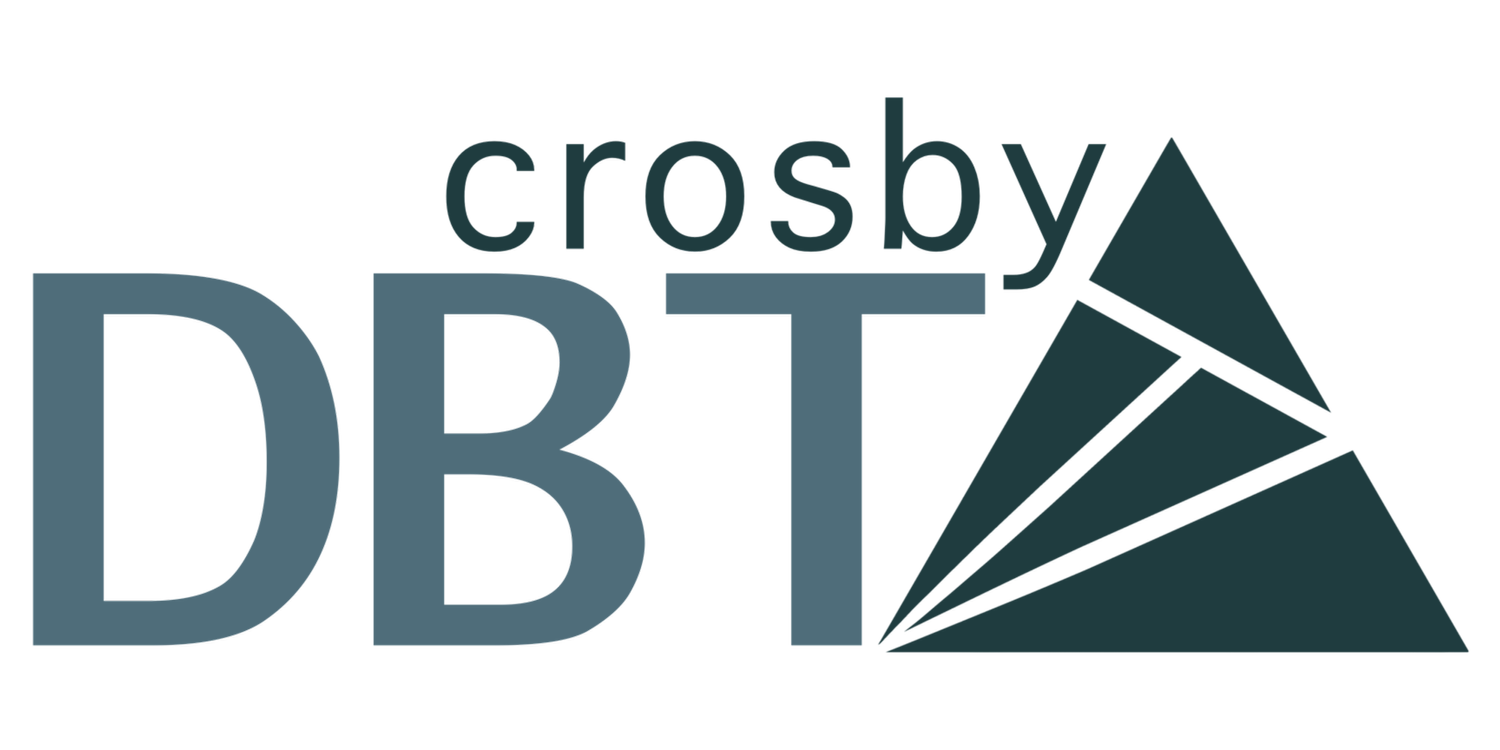DEARMAN: Get What You Need and Set Limits
We’ve all had those moments—needing to ask for something important, set a boundary, or express a difficult truth—only to feel anxious, avoidant, or unsure of what to say. Whether it’s requesting a raise, asking for space in a relationship, or saying “no” to plans, assertive communication can feel overwhelming.
Dialectical Behavior Therapy (DBT) offers a powerful tool for exactly these situations: the DEAR MAN skill.
Let’s break it down.
What Is DEAR MAN?
DEAR MAN is an acronym that helps you effectively assert your needs while maintaining self-respect and healthy relationships. It’s part of DBT’s Interpersonal Effectiveness module, and it’s especially useful when:
You want to ask for something
You need to say “no”
You’re navigating a difficult conversation and want to stay grounded
The DEAR MAN Breakdown:
Each letter stands for a step in the skill:
D – Describe
State the facts of the situation clearly and objectively. Leave out opinions or judgments.
🗣️ “Last week, I noticed I was covering two extra shifts on top of my regular schedule.”
E – Express
Share your feelings and thoughts about the situation. Use “I” statements to avoid sounding accusatory.
🗣️ “I feel overwhelmed and exhausted when I don’t have time to rest.”
A – Assert
Ask for what you want or say “no” clearly and respectfully.
🗣️ “I’d like to take this Friday off to recharge.”
R – Reinforce
Explain the positive outcomes of honoring your request. Let the other person know how it benefits them too (when appropriate).
🗣️ “I’ll be more focused and energized next week if I can take a break now.”
M – Mindful
Stay focused on your goal. Don’t get sidetracked by guilt, attacks, or tangents.
🧘 Use the “broken record” technique—calmly repeat your request if needed, without escalating.
A – Appear Confident
Even if you’re nervous inside, use a steady tone of voice, open posture, and eye contact. Confidence increases the chance of being taken seriously.
N – Negotiate
Be willing to give a little to get a little. Find a middle ground if full agreement isn’t possible.
🗣️ “If Friday isn’t doable, could I switch with someone or take a shorter shift?”
A Real-Life Example:
Scenario: You want your roommate to stop leaving dirty dishes in the sink.
D: “I’ve noticed the dishes have been piling up in the sink for the past three days.”
E: “It makes me feel stressed because I like to cook in a clean space.”
A: “Can you please wash your dishes the same day you use them?”
R: “That way we’ll both have a kitchen we enjoy being in.”
M: Stay calm even if they deflect or get defensive.
A: Speak clearly and avoid apologizing for your request.
N: “If you’re busy during the week, maybe we can agree on weekend cleanup?”
💡 Tips for Using DEAR MAN
Practice in low-stakes situations first—asking a friend to pick a different movie or choosing a restaurant.
Write your script in advance so you feel prepared.
Notice your triggers—what makes it hard to assert yourself? DEAR MAN helps you stay grounded even in emotionally charged conversations.
Final Thoughts
Assertiveness is not about being aggressive or demanding—it’s about honoring your needs while respecting others. With practice, the DEAR MAN skill can help you strengthen relationships, reduce resentment, and increase your confidence in tough conversations.
Next time you’re hesitating to speak up, try walking through the DEAR MAN steps. You might be surprised how empowering it feels to advocate for yourself—clearly, calmly, and effectively.
Want to learn more DBT skills? Stay tuned for upcoming posts on the GIVE and FAST skills, or reach out about doing a free video consultation for the Alki Path DBT Program.
